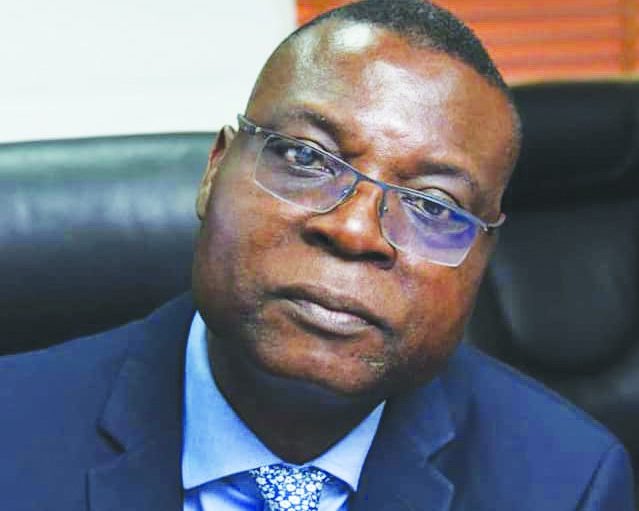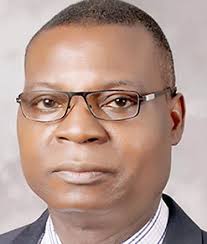A simmering broadcast news recently has been the story of Multichoice Nigeria jacking up subscription rates on its various packages in order to remain in business in Nigeria. Coming on the heels of other similar developments like the 50 percent hike in telecoms tariff, and the stratospheric increase in electricity tariffs last year, Nigerians were outraged, …

